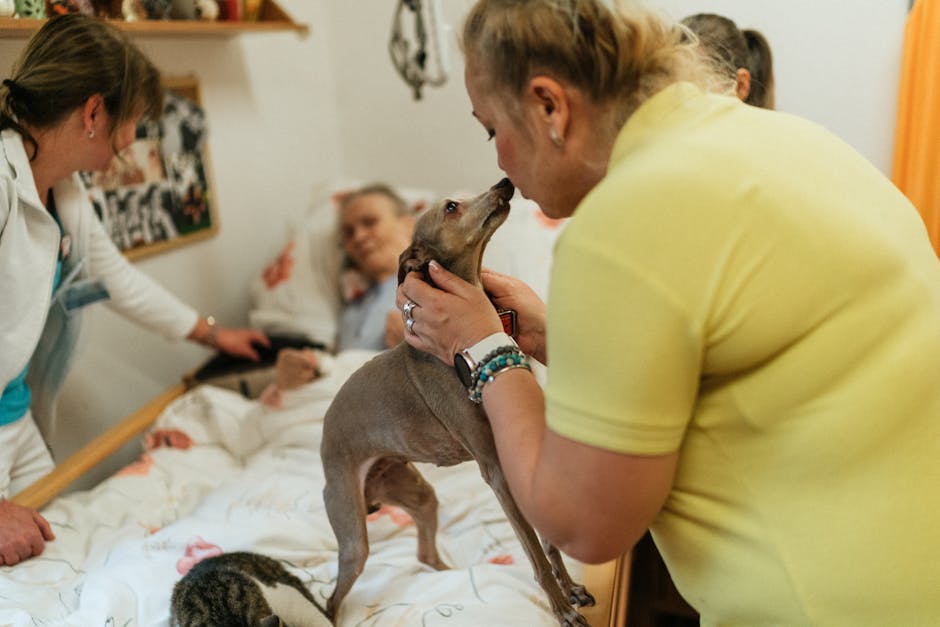Senior cats, like their human counterparts, experience a multitude of physiological changes as they age. These shifts influence their nutritional requirements, demanding a specific diet to ensure optimal health and well-being. A tailored approach to feeding is crucial for maintaining a high quality of life in senior felines. This article delves into the nuances of senior cat nutrition, exploring crucial considerations and providing practical guidance.
Dietary Adjustments for Maturing Whiskers
Senior cats frequently exhibit alterations in metabolism, digestion, and organ function, which impact their nutritional needs. A key change revolves around the reduction in metabolic rate. This reduced metabolic rate translates into a decreased need for calories compared to younger cats. Providing an excess of calories can contribute to weight gain, a common issue among senior cats, which itself can lead to additional health problems. Thus, a calorie-controlled diet specifically formulated for senior felines is essential.
Protein: A Cornerstone of Senior Cat Nutrition
Protein remains paramount for senior cats, as it fuels muscle maintenance and supports various bodily functions. However, the quality of protein matters. Senior cats often have diminishing kidney function. Therefore, a diet that’s rich in easily digestible protein sources, like hydrolyzed proteins or special blends, is often advantageous. These specialized proteins are broken down into smaller components, making them easier for the kidneys to process. Furthermore, some diets for senior cats incorporate specific amino acids that are particularly important for maintaining muscle mass and overall health.
Essential Nutrients for Enhanced Vitality
A senior cat’s diet must encompass a variety of nutrients, beyond just protein. Fat is crucial for energy and the absorption of certain vitamins. However, senior cats often benefit from diets with controlled fat content to avoid excessive weight gain. Specific dietary fibres are beneficial for digestion and maintaining healthy gut flora. These components of a balanced senior cat diet contribute to overall well-being.
Crucial Role of Vitamins and Minerals
A range of vitamins and minerals play vital roles in maintaining a senior cat’s health. Vitamin A is imperative for eye health. Vitamin D aids in calcium absorption, vital for maintaining bone density. Various B vitamins are integral to metabolic processes. Likewise, trace minerals, like iron, copper, and zinc, play important functions in cellular processes. A diet fortified with these essential micronutrients is thus necessary for a healthy senior cat.
Addressing Specific Health Concerns
Senior cats may exhibit particular health concerns, necessitating specific dietary modifications. Kidney disease, a common issue in aging felines, necessitates diets with reduced phosphorus and other substances that could stress the kidneys. Arthritis in older cats may be eased by dietary formulations with joint support ingredients, such as glucosamine and chondroitin. It’s essential to consult a veterinarian to determine whether a specialized prescription diet is necessary for addressing specific ailments.
Beyond the Bowl: Hydration and Lifestyle Considerations
Hydration is frequently overlooked but is crucial for senior cats. Ensuring adequate water intake is paramount, and offering fresh water consistently can aid kidney function. Maintaining a regular exercise routine, within the cat’s capabilities, remains crucial for senior cats. Regular activity can help maintain muscle tone and overall well-being. A balanced combination of appropriate diet and activity promotes a healthier senior feline.
Selecting Senior Cat Foods: A Practical Guide
Navigating the diverse range of senior cat foods can be daunting. Look for diets explicitly formulated for senior felines. Examine the ingredient list; high-quality protein sources and essential nutrients should be prominent. Avoid foods with excessive fillers or artificial preservatives. Always adhere to the recommended feeding guidelines on the product label.
Consult with Veterinarians
Ultimately, a veterinary consultation is indispensable. A veterinarian can assess a senior cat’s individual health needs and recommend the most appropriate diet. A detailed physical examination, a review of medical history, and any relevant blood work contribute to this tailored approach. This consultation ensures the diet aligns perfectly with the individual needs of the senior cat.
Conclusion: Tailoring Nutrition for a Feline Golden Age
By understanding the specific nutritional requirements of senior cats and tailoring their diets accordingly, pet owners can ensure their feline companions enjoy a comfortable and healthy golden age. A well-formulated diet, coupled with regular veterinary check-ups and a healthy lifestyle, contributes significantly to longevity and well-being for these cherished companions. A proactive approach to senior cat nutrition empowers pet owners to support their furry friends and enjoy their companionship for years to come.
